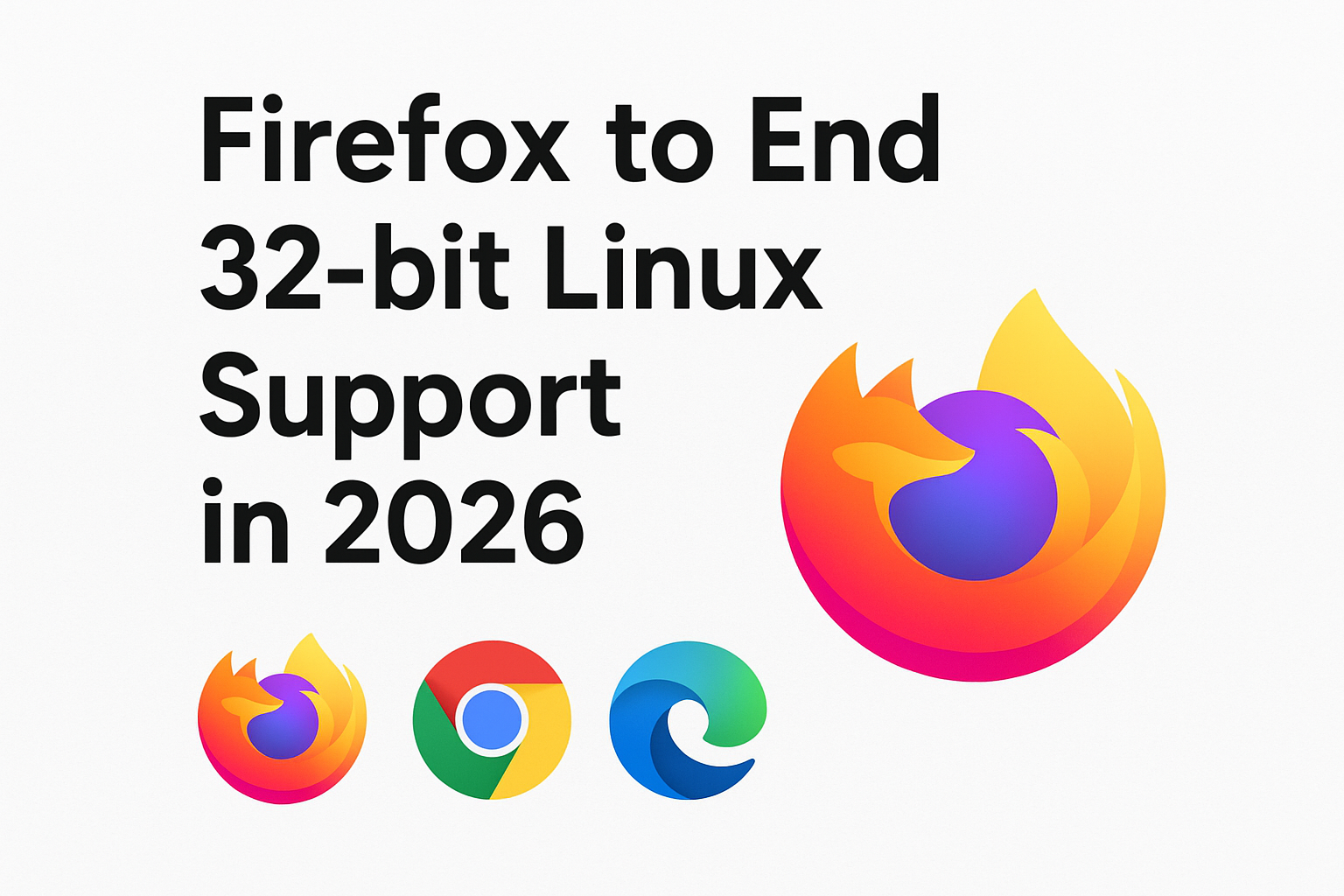Firefox 32 Bit

For years, Mozilla has stood out in the browser world by continuing to support 32-bit Linux systems long after many other vendors moved on. This commitment wasn’t just about stubborn legacy support — it was about user empowerment, extending the life of older hardware, and reducing the wave of unnecessary obsolescence that forces people to upgrade when they may not need to.
But the time has finally come: starting in 2026, Firefox will officially drop support for 32-bit Linux (x86).
Why Now?
The reality is simple: most Linux distributions have already ended support for 32-bit x86 architectures. What was once a widely used platform is now a niche, and keeping Firefox running smoothly on such a limited and shrinking base has become increasingly complex and unreliable.
Mozilla has always emphasized that Firefox should deliver the best, most modern web experience. To achieve that, resources need to be concentrated where they matter most: 64-bit systems and new architectures that power today’s web.
The Timeline
• Firefox 144 will be the final release to include 32-bit Linux builds.
• Firefox 145 and later will no longer provide 32-bit Linux versions.
• Extended Support Release (ESR) 140 will still offer 32-bit builds and receive security updates until at least September 2026.
This provides a long runway for those who still rely on older machines to make a transition.
What Should Users Do?
If you are running Firefox on a 32-bit x86 Linux system, Mozilla strongly recommends upgrading:
1. Move to a 64-bit operating system if your hardware supports it.
2. Install the 64-bit version of Firefox, which will continue to receive full support and updates.
3. If you can’t upgrade immediately, stick with Firefox ESR 140 until September 2026 — but know that it’s only a temporary solution.
The Bigger Picture
The end of 32-bit Linux support is more than just a technical footnote — it reflects the evolution of computing itself. The shift to 64-bit architectures has been underway for nearly two decades, and holding on to outdated platforms comes with increasing costs and risks.